
 The SFFaudio Podcast #326 – Jesse, Mr Jim Moon, and Bryan Alexander talk about The Lost World by Sir Arthur Conan Doyle
The SFFaudio Podcast #326 – Jesse, Mr Jim Moon, and Bryan Alexander talk about The Lost World by Sir Arthur Conan Doyle
Talked about on today’s show:
The Lost World is a great read, Tom Barling illustrations of The Lost World, the Ladybird editions, King Kong, The Valley Of Gwangi, full of jokes, slapstick, witty banter, an awesome character, a role model for us all, Professor Challenger is Brian Blessed, every audio drama, every movie, Edgar Rice Burroughs, The Land That Time Forgot, a sideways angle Gilles deLEuze’s A Thousand Plateaus, Professor Challenger made the earth scream, “his simian disposition”, When The World Screamed, The Poison Belt, The Land Of Mist, The Disintegration Machine, an end of the world story, you could do it as a stage play with a single set, the humiliation chair, Challenger and his wife embracing, The Strand Magazine (U.K. vs. American editions), they knew what gold they’d found, competing with Argosy and the colourful pulps, Herland by Charlotte Perkins Gilman, it’s the same story, Lost Horizon, the 1998 quickie movie of The Lost World, other adaptations, Summerlee as a woman, the 2011 2-part BBC Radio drama adaptation, Diana Summerlee, a male book, Dracula, assembling a team of adventurers, the sacrificial American, a mad Texan, Maple White Land, From The Earth To The Moon by Jules Verne, both books have a major role played by a noble, Lord John Roxton, he rocks, the 3 part BBC Radio drama (available as a 3 CD set), the wise sage, comic relief, a double act, a towering bastard, a modern day Munchhausen, the frame story, an evolutionary biology exemplar, the central lake, a vaginal symbol, a 1912 book, becoming soft, the Boy Scouts, a moral equivalent to war, a testosterone shot, it’s a cartoon, Roxton’s test, Boys adventure, a genocide, slavery, the 1960 adaptation, the 2001 adaptation, a romance, ahistorical women, the 1960 adaptation, the prince is turned into a princess, every Edgar Rice Burroughs book makes this change, otherwise we couldn’t go back to our women, ape city from Planet Of The Apes, the Rod Serling scripted movie, one of the great scenes of history, The Red Queen: Sex and the Evolution of Human Nature, it’s not about gender roles, it’s about racism, these Indians are so degraded their barely above the average Londoner, stupid and wise, every magazine story in the 19teens is about race and going soft and miscegenation, their good negro, the description of rage, the red mist, getting savage, Heart Of Darkness, the white feather, spiritualism, anticipation WWI, Roxton has a ton of rocks (diamonds), evolutionary psychology, Hungerford, proving the ability to care for a large number of children, a classic case (undermined at the end), Gladis Potts, an amazing amount of stuff happens in this book, good scientific analysis, poor Malone, there’s reason to fear reporters of this era, a sophisticated view of the press, that’s always been the case, news was a big business in 1912, wire services, 15 years earlier (in Dracula), The New York Times, TV journalism, pointing at pictures and saying “oh dear!”, Charlie Brooker, Newswipe or Screenwipe, a high information culture, 5 posts a day, 3 editions a day, The War Of The Worlds, Now It Can Be Told by Philip Gibbs, the hoax aspect of the book, Doyle’s problem with science, quasi-hoax in the original illustrations, the way Sherlock Holmes stories are told, the Maple White illustrations, playing with the nature of the evidence, preserving an information and financial monopoly, meticulous description, the British tradition of the novel, a very realistic novel, protestant novel, is Robinson Crusoe real?, The Castle Of Otranto by Horace Walpole, Edgar Allan Poe, The Balloon Hoax, meta-textual questions, assorted deranged individuals, the imitators of H.P. Lovecraft, Dracula is a found footage novel, future proofing the story, At The Mountains Of Madness, Ruritanian romance, Mount Roraima, a partial pterodactyl wing, the trump card, pterodactyl wing, founding a private museum, the Evolution Museum in Kentucky, a fairy museum, The Structure Of Scientific Revolutions, science studies, the Royal Society, “we’ve discovered everything”, “we’re all done inventing”, the aether of the vacuum, “extraordinary claims requires extraordinary evidence”, an antecedent for Professor Quatermass, Bryan’s beard is intimidating, Bryan with beard and axe, The Horror Of The Heights, star jelly, Eadweard Muybridge, Sherlock Holmes as a the great Asperger’s hero, Neal Stephenson’s new novel is offensively hard SF, Larry Niven, you don’t have to understand science to do it, Jurassic Park, the movie, Steven Spielberg, the betraying geek, what saves them, kids and dinosaurs, American conservative standard American movie, Schindler’s List, A.I., the Americans are very repressed,
“I have wrought my simple plan
If I give one hour of joy
To the boy who’s half a man,
Or the man who’s half a boy.”
C.S. Lewis, Gomez the traitor, Lord John Roxton’s private war, the flail of the lord, half-breed slavers, hewers of word and drawers of water, this is totally colonialism, Rhodesia, Mungo Park, Water Music by T. Coraghessan Boyle, the 1925 silent film version, Willis O’Brien, the Brontosaurus, the 1960 version, the sound effects, the dinosaurs sound like tie fighters, The 39 Steps, show me the lizards, Jules Verne’s Journey To The Center Of The Earth, 1860s paleontology, Ray Bradbury: ‘dinosaurs are awesome’, Ray Harryhausen, creationism, the poor iguanodon, dinosaurs are inherently partly mythical, the dinosaurs are all female, parthenogenesis, Eaters Of The Dead by Michael Crichton, The Andromeda Strain, The First Great Train Robbery, Sean Connery and Donald Sutherland, Beowulf vs. neanderthals, Ahmad ibn Fadlan, Congo, intelligent apes, Gorilla Grodd, DC Comics, Planetary, Lord Greystoke, loving riffs on SF classics, Doc Savage, The Shadow, too much incident (for a modern book), value for money, Speed, the whole bus gimmick, Interstellar, shallow water planet, weird ice planet, the O’Neil colony, ideas are of primacy, a humorous bombastic semi-psychotic reading, Bob Neufeld’s narration for LibriVox, John Rhys Davies, the 2001 TV adaptation with Matthew Rhys as Malone, The Americans, the science, The Andromeda Strain‘s scientific density, Andy Weir’s The Martian: “we’re going to science the shit out of this”, five-dimensional beings, the Nolan brothers, Elysium, in the geography of the public mind, Conan Doyle’s passions, “I’m obsessed with fairies now!”, FairyTale: A True Story, science runs the risk of P.T. Barnum, we need a Conan Doyle and a Houdini.
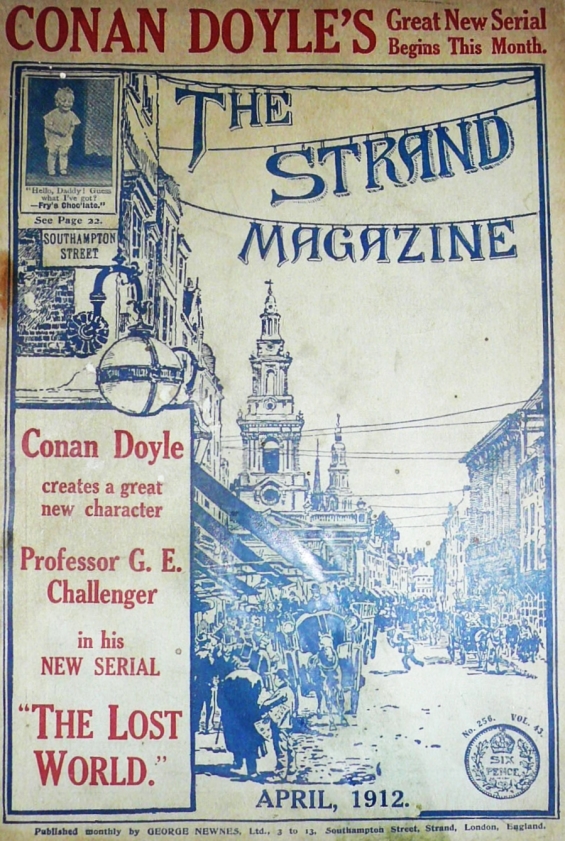
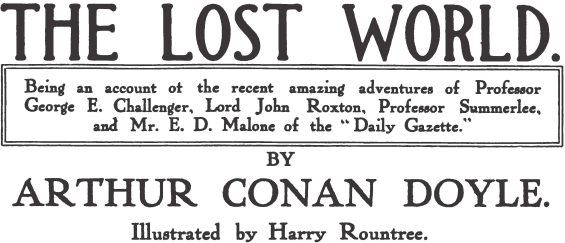
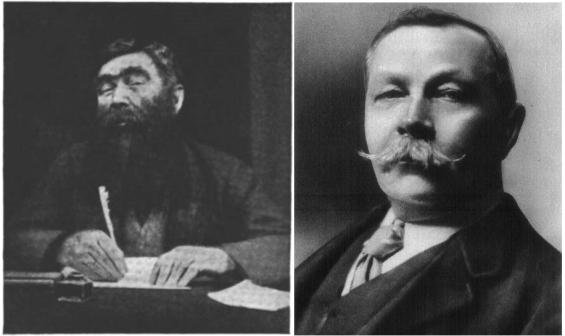
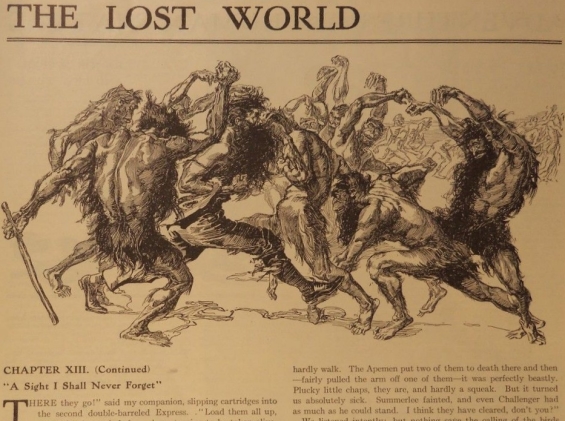
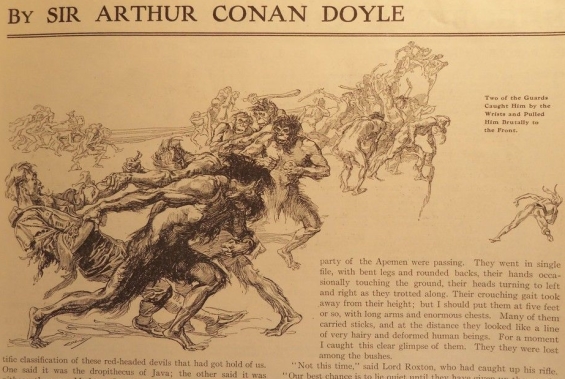
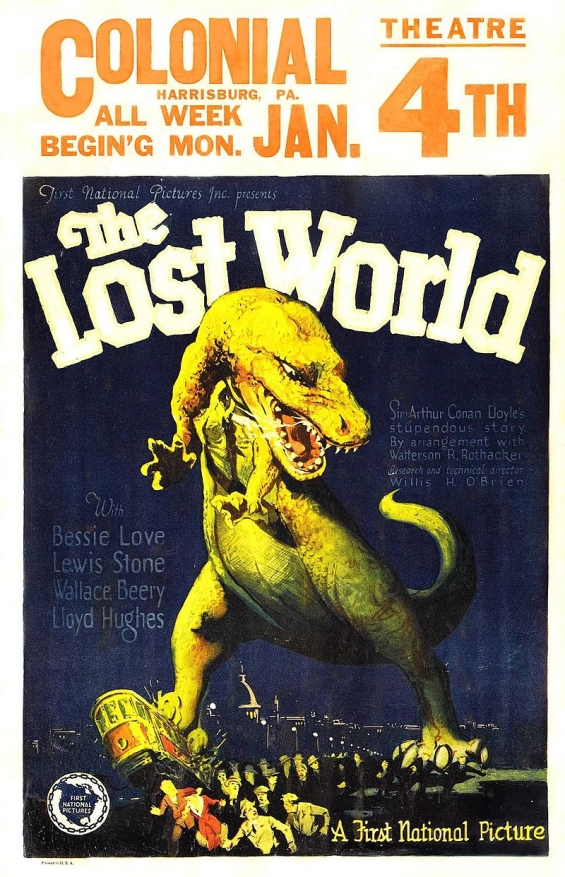
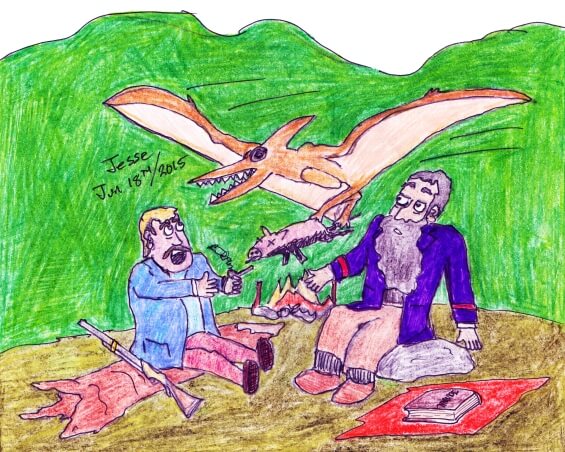
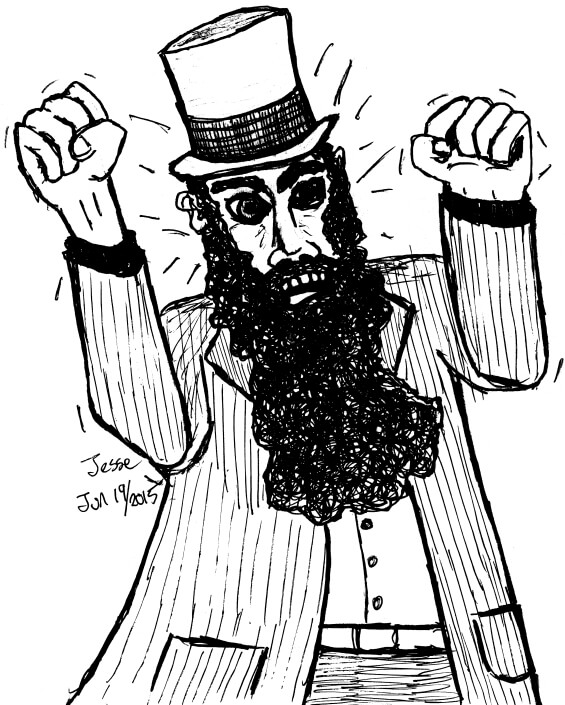
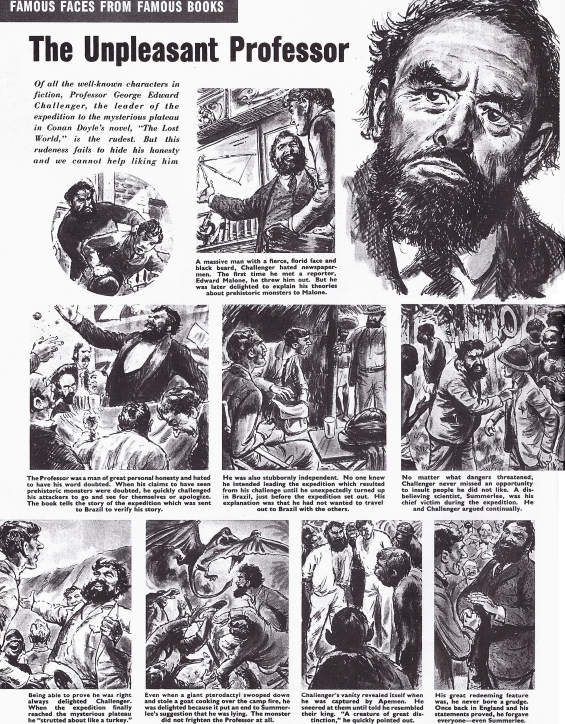
Posted by Jesse Willis
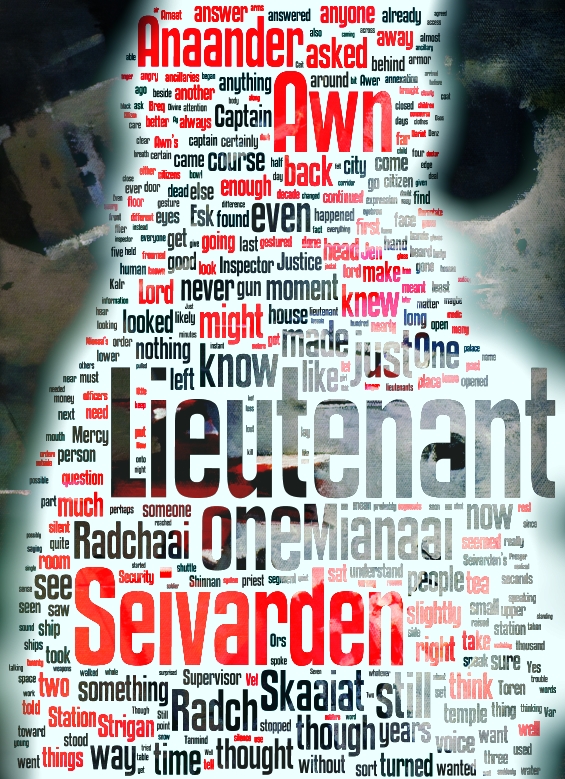






















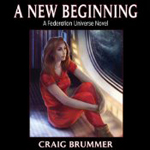 A New Beginning
A New Beginning Crown of Slaves (Honorverse: Wages of Sin #1)
Crown of Slaves (Honorverse: Wages of Sin #1)